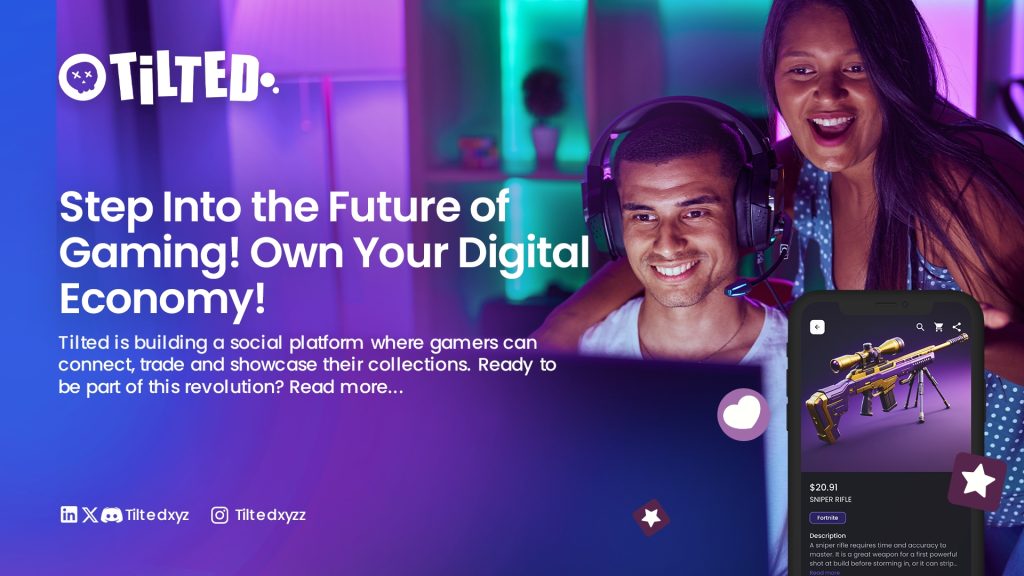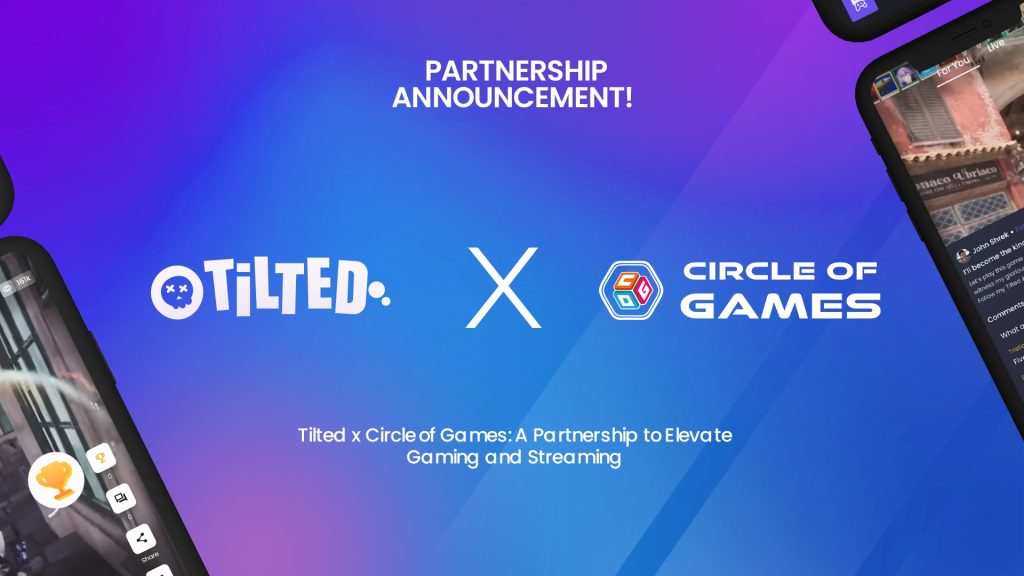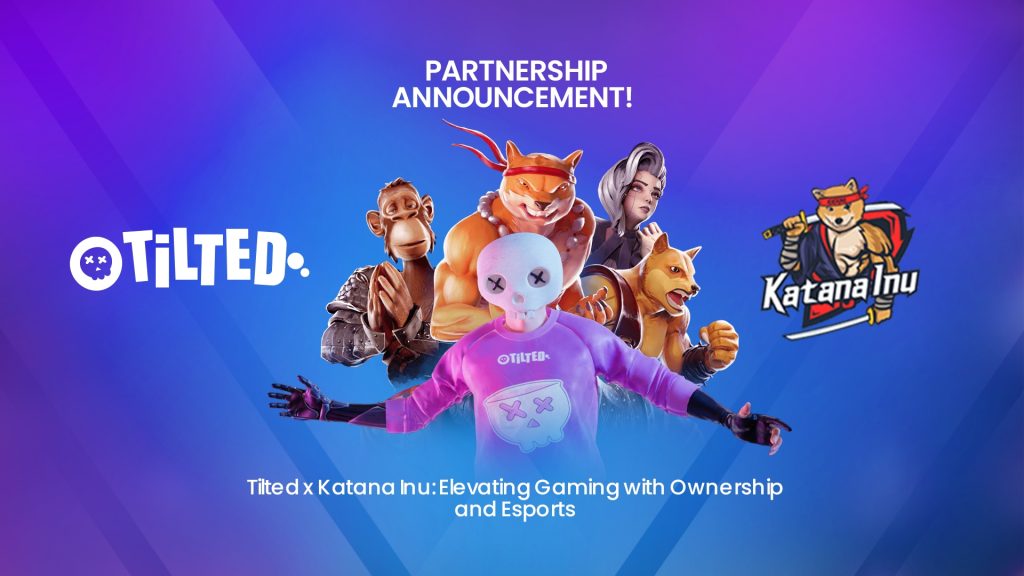The world of gaming is in constant flux. From arcades to consoles, boxed games to digital downloads, and single-player adventures to massively multiplayer universes, change is the only constant. Today, we’re witnessing another significant shift gathering momentum – the move towards true digital ownership and player-run economies.
This isn’t just speculation; it’s a direction supported by observable trends in technology, player behavior, and market evolution. Let’s explore why this shift is happening and what it means for the future of gaming.
The Maturation of Digital Goods Markets
For years, players have spent billions globally on in-game items – cosmetics, character boosts, virtual currency, and more. Market analysis consistently reports staggering figures for virtual goods spending. This demonstrates a clear player willingness to assign real-world value to digital items.
However, the traditional model often limits the player’s rights over these purchased or earned items. They exist within the game’s walled garden, usually non-transferable and without long-term security outside the game’s lifespan. Players are asking: if we value these items, why can’t we truly own and trade them?
Proven Success of Limited Player Economies
We already have compelling examples of player-driven economies thriving within certain ecosystems. Games like EVE Online have long been famous for their complex, player-controlled markets. Platforms like Valve’s Steam Marketplace enable trading of items from games like Counter-Strike: Global Offensive and Dota 2, creating multi-million dollar ecosystems based on item rarity and demand. Even platforms like Roblox empower creators to build and monetize their own experiences and items.
These examples prove that players actively engage in and derive value from trading digital assets when given the opportunity, fostering deeper engagement and community interaction.
The Rise of Web3
The emergence of blockchain technology, NFTs, and decentralized systems provides a potential technical backbone for true digital ownership. NFTs, in particular, offer a way to create unique, verifiable digital assets that can exist independently of a single game server.
While the integration of these technologies is still evolving and faces challenges, major gaming studios and numerous startups are actively exploring their potential. Investment continues to flow into the Web3 gaming space, signaling a belief in the viability of decentralized ownership models. This isn’t about hype; it’s about leveraging new tools to potentially solve the long-standing limitations of digital item ownership.
Growing Player Demand for Agency and Investment Return
Modern gamers invest significant time, skill, and often money into their favorite titles. There’s a growing sentiment within communities that this investment should yield more than just temporary enjoyment. Players are increasingly vocal about wanting:
- True Ownership: The ability to securely hold their digital assets.
- Interoperability (Aspirational): The dream of using or displaying assets across different platforms (though technically challenging, the desire exists).
- Market Freedom: The option to trade, sell, or gift their items freely and securely.
- Value Retention: The possibility that valuable items retain worth outside of the immediate game context.
What Does This Mean for Gaming’s Future?
These converging trends point towards a future where:
- Players have more control: Owning their assets fundamentally changes the player-developer relationship towards a more collaborative ecosystem.
- Economies become richer: Player-driven trading can create dynamic, emergent economic gameplay, adding new layers of depth.
- Community deepens: Shared ownership and economic activity can strengthen social bonds and player investment in the game world.
- New models emerge: Developers can explore innovative designs and revenue streams centered around durable, player-owned assets.
Where Tilted Fits In This Future
Understanding these shifts is core to our mission at Tilted. We see a future where the social fabric of gaming is interwoven with the ability for players to truly own, manage, and exchange their digital assets.
Tilted is being built as a social platform with integrated marketplace capabilities designed precisely for this emerging landscape. We aim to provide:
- A central hub for gamers to connect, share experiences, and showcase their verified digital collections.
- A secure and user-friendly marketplace facilitating peer-to-peer trading of game assets.
- Tools for community building around shared ownership and economic interests.
We believe that by combining social interaction with seamless asset management and trading, we can help players and developers navigate and thrive in this next evolution of gaming.
The transition won’t happen overnight, but the indicators are clear. The desire for ownership, the success of existing economies, and the development of enabling technologies all suggest that player-run economies are not just a possibility, but a likely and exciting part of gaming’s future. We’re excited to be building Tilted to help realize that potential.
Join the conversation: What are your thoughts on player-owned economies? Let us know on our social channels!


